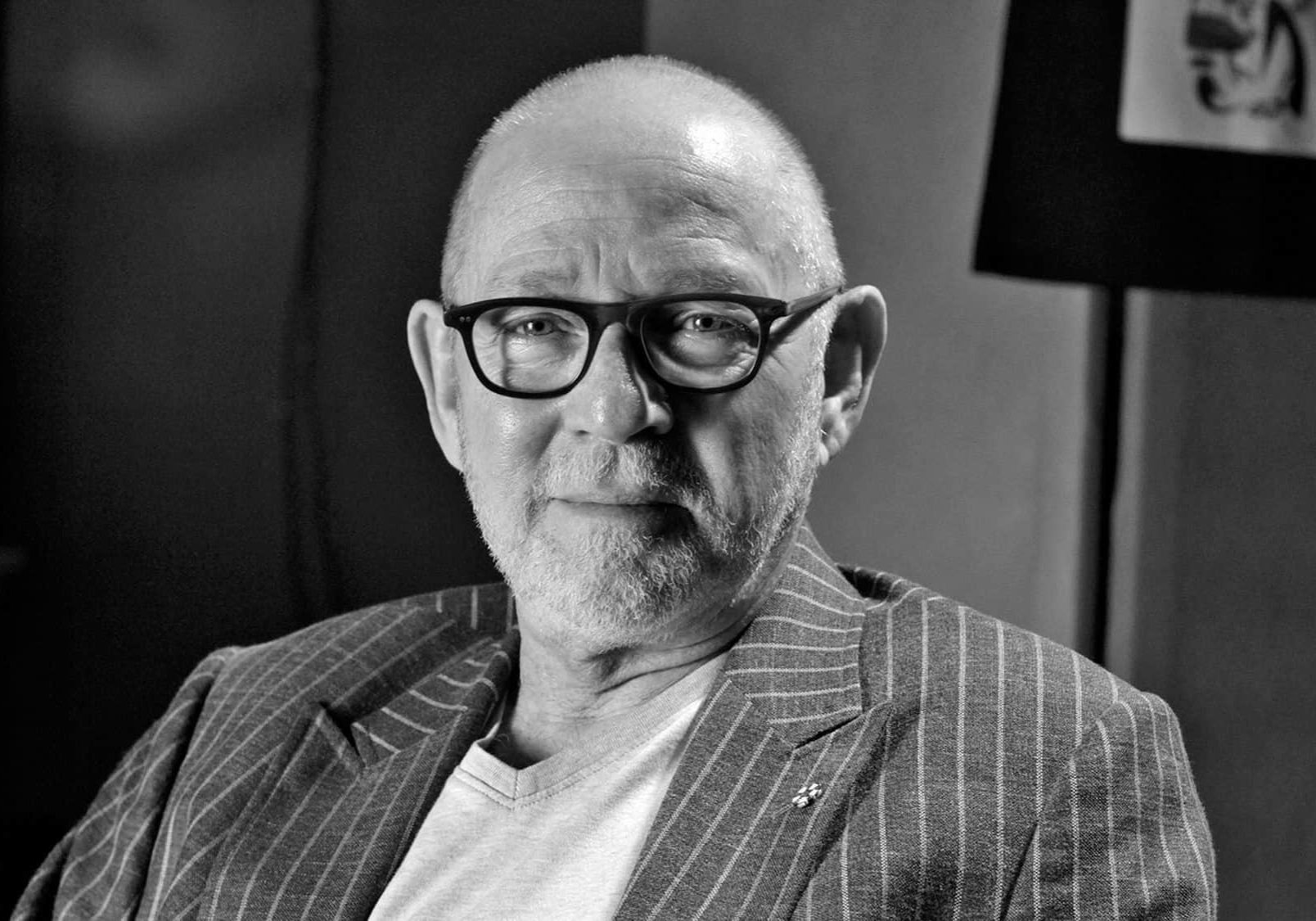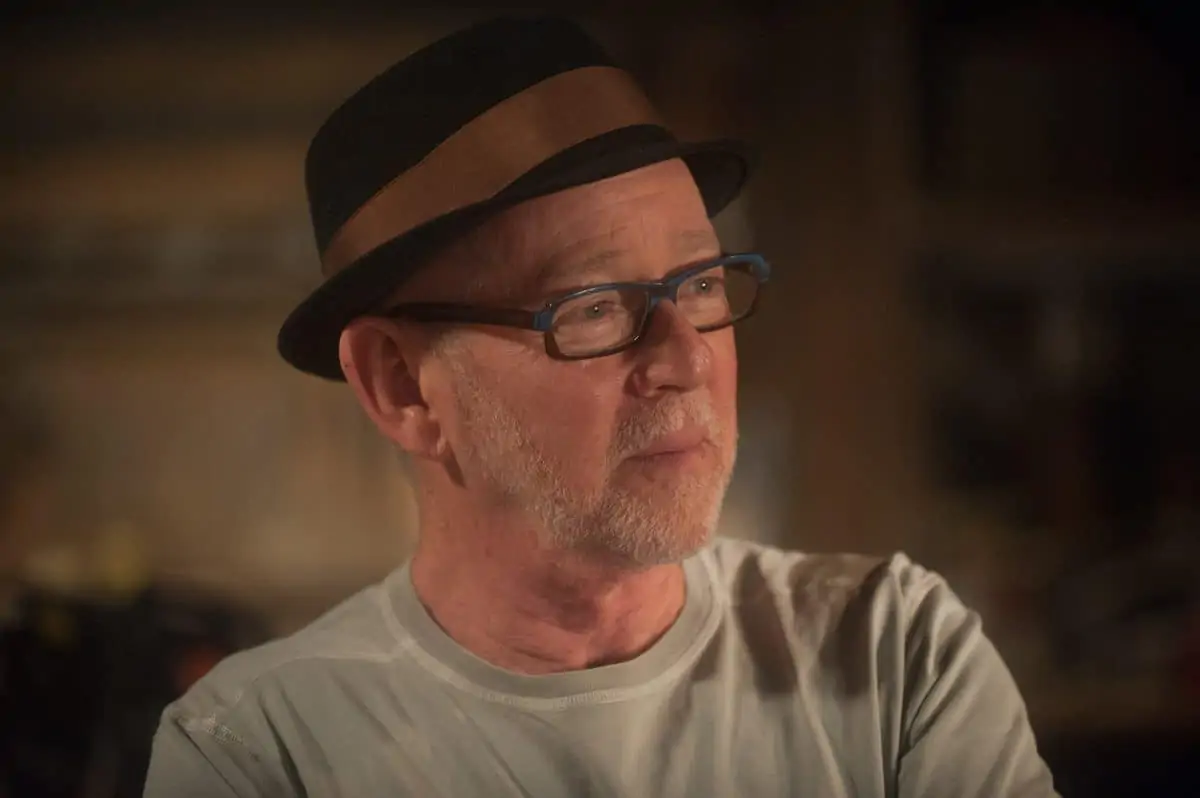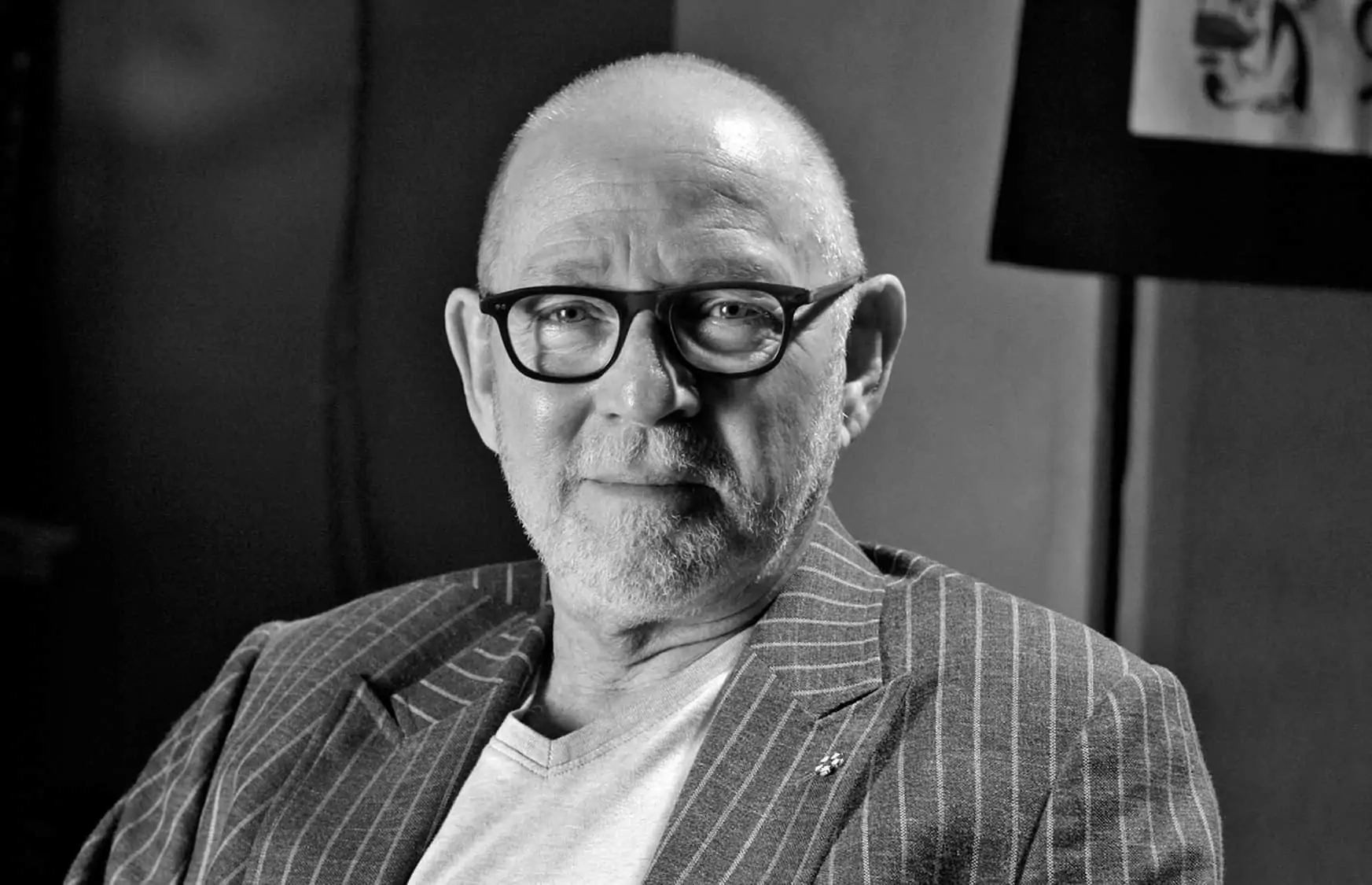Rise of the Robots
Letter from America / Steven Poster ASC

Rise of the Robots
Letter from America / Steven Poster ASC
On the eve of standing down as national president of the International Cinematographers Guild, IATSE Local 600, Steven Poster ASC says education, development, and standardisation remain crucial as a new age of technology dawns.
For the last thirteen years I've had the honour to serve as president of the International Cinematographers Guild, our industry's trade union. And every month of that time I wrote the lead editorial for our magazine. I am now transitioning out of that honoured position hopefully to return to my work as a cinematographer and to teach. I will still continue to be a fierce advocate for the art and craft of our beloved profession, and for our position, within the world of rapidly changing and expanding technology.
I thought I would share my last editorial as president with you, my colleagues and friends at the BSC and the readers of British Cinematographer Magazine.
Last month we talked about new technology in a way that reminded us of the exponential change that's occurring and the impact it's having in our workplace. In fact, when I first heard about two recent developments going on outside our industry, it just confirmed for me this all-pervasive age of new technology that is upon us.
The first was a 3D printing of a heart with real human tissues and vessels developed in Israel. It's not ready for prime time - yet. But it will almost certainly lead to the future creation of reliable and effective synthetic major organs that can be implanted in human beings. The concept alone is amazing and reminds me of that old TV series The Six Million Dollar Man. It featured an astronaut, Colonel Steve Austin, portrayed by American actor Lee Majors, who, after his spaceship crashes and he is seriously injured, is rebuilt by scientists with machine parts to emerge, cyborg-like, with superhuman strength and speed. It's easy for many of us to conceive of a prosthetic hip or knee, of course; but a dynamic major organ like a heart that's built via technology, to me, says we are now living out what was once called 'science fiction'.
The next thing I saw actually made me feel a bit queasy about where science and technology are headed. Organic robots are part of a new field called "soft robotics," in which machine beings are created that possess artificial intelligence and have a life cycle, much like human beings. They live, learn, and play with like-beings, and when they come to the end of their life cycle, they die. The philosophical and ethical questions surrounding organic robots boggle the mind. I've been reading about such ideas since I was a teenager, in science-fiction novels. And, as we know, science fiction is usually based on some kind of technological idea or concept that is already in existence or is likely to show up on a drawing board very soon (there's an old concept).
Where these advances impact our industry is in the use of machine learning and artificial intelligence (AI). Did you know that Apple recently bought a Danish computer vision company called Spektral? The start-up specialises in creating real-time greenscreen technology via machine learning AI (artificial intelligence). That means, one day very soon, our iPhones will be able to create composite imagery without the greenscreen technology we're all so accustomed to. Ditto for a company in Mountain View, CA, called Arraiy, whose DeepStudio uses machine learning and computer vision to combine the virtual and real worlds. The core attribute of DeepStudio is something called "neural networks," which, when combined with cameras and computer programming, can learn a given scene with 99.999 percent accuracy. With game engine drivers, CGI and physical elements are comped in realtime, carrying huge implications for our workplace.
"As technological developments continue to challenge and push our world forward, it's imperative that we are all at the fore of education, development, and standardisation of how these changes are implemented on-set and beyond. Every tool should be within our sphere of influence, even before it becomes mainstream."
- Steven Poster ASC
Just a few months ago, I was introduced to another technology that uses game engines to generate backgrounds. When integrated with a tracking system on a camera, these backgrounds can be easily composited in realtime on-set. Imagine another technology that, without any tracking software at all, uses AI to create the composite - in realtime - because it already exists.
One of the most important goals I've pursued, in 13 years as president, is to have our Guild remain ahead of the new-technology curve - education, training and implanting, when applicable, to help preserve our jobs. These efforts brought us to the first training in file-based downloading, where there were no protocols or best practices to rely on. In fact, Local 600 had to create those standards, and in the process, train hundreds of its members in a technology that has led us directly (and extremely quickly) into this present age of digital capture for motion picture and television.
During my tenure, we also created a partnership with Sony Pictures Studios to train our members - in all classifications - in 3D image-capture technology. We went on to discover and educate the Guild about the use of new drone (UAV) technology in the entertainment industry, and how this technology needs to be covered under Local 600's jurisdiction. All of this work is vital to this membership's staying relevant in the workplace. As these technological developments continue to challenge and push our world forward, it's imperative that we are all at the fore of education, development, and standardisation of how these changes are implemented on-set and beyond. Every tool should be within our sphere of influence, even before it becomes mainstream. Future threats may not be so much from a non-union (human) workforce as from the technology itself - if we do not become and remain its master.
I'm very proud of the work that we've done in these areas (and many others) over the last 13 years, and I'm very honoured to have been able to address our colleagues at the BSC and the readers of British Cinematographer as president of ICG. I would urge all of us worldwide to make it a major focus in the years to come. Our jobs absolutely depend on it.


